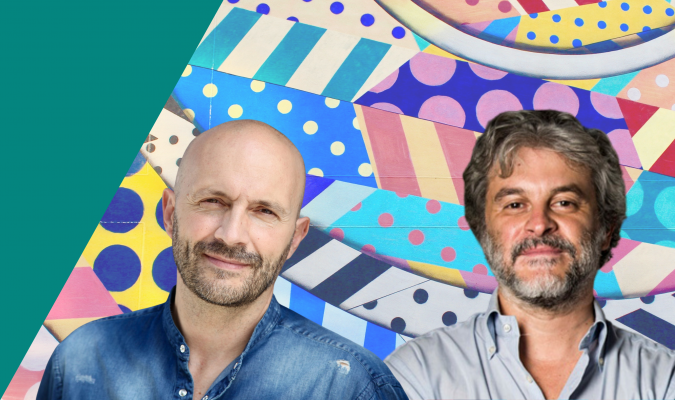


2022. Bacis – Bologna for the Accessibility of Culture and Social Inclusion
Completed project
The BACIS project (Bologna for the Accessibility of Culture and Social Inclusion) is an initiative promoted by Fondazione LIA with the support of Fondazione del Monte di Bologna e Ravenna aimed at print impaired young people who live in the city of Bologna and the surrounding area.
The goal of the project is to provide blind and visually impaired young people with the skills they need to exploit all the potential of new technologies and accessible e-books, in order to grow social inclusion and full access to culture for all. By learning to read on their own, they will be able to acquire freedom both in their study and free time. Furthermore, they will have access to relevant information and resources for their daily life and for their active participation in society.
BACIS is organized in collaboration with: Istituto dei Ciechi Francesco Cavazza di Bologna, Bologna Children’s Book Fair, MLOL – MediaLibraryOnLine, Società editrice il Mulino and Zanichelli Editore.
Activities
A Reading in the Dark to spread the culture of accessibility
The opening of the BACIS Project was a Reading in the Dark, LIA’s own format, useful to explain to all readers how an accessible e-book works and how they can enjoy its content.
Excerpts from the same books will be read by the authors themselves and by readers with a visual disability through different assistive technologies, such as braille displays and screen readers.
The event took place in Bologna on March 22nd, in the setting of Oratorio San Filippo Neri, a historic building restored and managed as a cultural center by Fondazione del Monte. The Reading is part of BOOM! Crescere nei libri, a festival that includes all the initiatives pertaining to children’s literature planned in Bologna on the same days of the Bologna Children’s Book Fair.
Formation
The core of the project is a series of courses focused on the accessibility of digital contents designed for young people with print impairment.
Experienced specialists in assistive technologies and accessible reading solutions taught them how to best use their smartphones and tablets to read e-books.
These classes were held online due to the restrictions related to the pandemic. The formation provided, in a first phase, a theoretical framework about the different ways and tools to read accessible digital books.
Then, in a second phase, participants had the opportunity to experience accessible reading themselves and refer to trainers and tutors for any doubts or questions about the practical approach to these tools.

